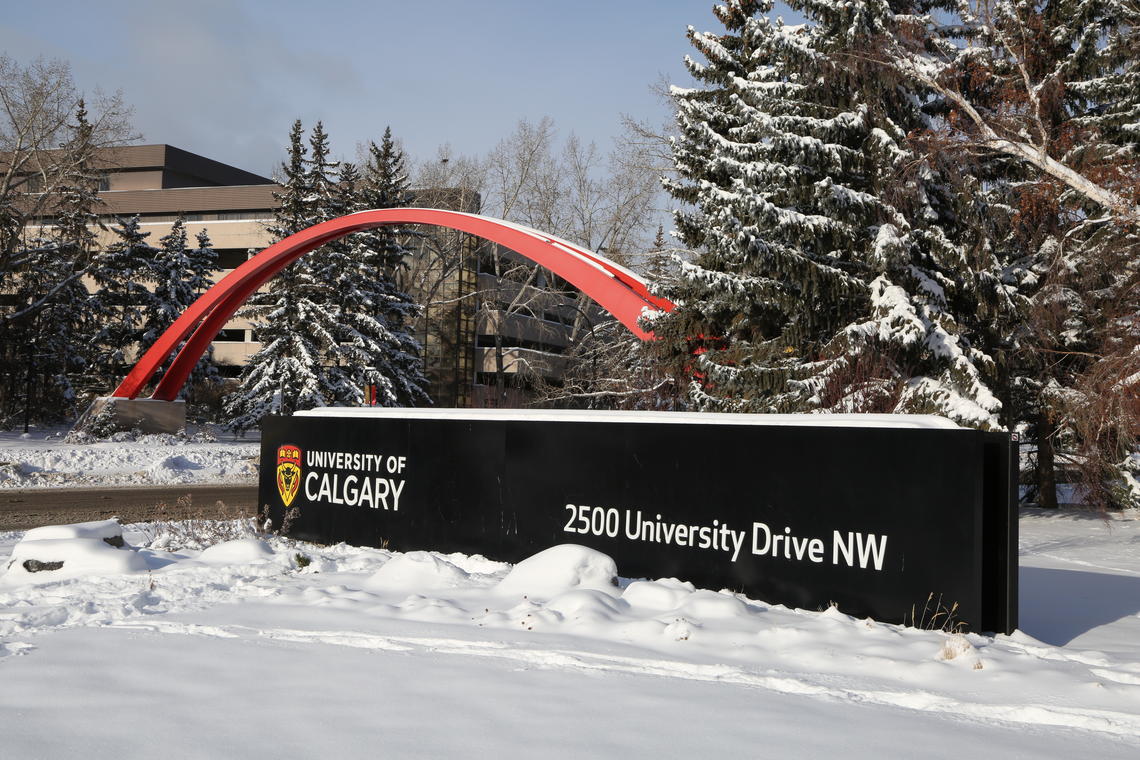
University of Calgary file photo
Members of the University of Calgary community can now archive, showcase, and track the impact of their research outputs with ease thanks to a major upgrade to PRISM, the University of Calgary’s Digital Repository.
Established in 2003 and housing over 30,000 items, PRISM has long been a repository to share and preserve articles, theses, conference proceedings, technical papers, working papers, open educational resources, creative works, and more.
The upgrade brings together a series of enhancements including:
In 2015, with the implementation of the Tri-Agency Policy on Open Access Publications, many grant recipients have taken advantage of this no-cost service to meet their open access policy compliance requirements. PRISM supports a wide variety of digital formats, allowing deposits not only of research but of related materials (including images, audio and video files, etc.) that give context to research and promote further scholarship.

University of Calgary file photo
“PRISM offers tremendous benefit to members of the University of Calgary community to share their work in an open access, online format,” says Sarah Eaton, assistant professor in the Werklund School of Education and a frequent user of PRISM. “Having the repository linked to Google means our work is available to others on a global scale and, as a result, use and citations of our work is increased.”
Since 2012, the Faculty of Graduate Studies has collaborated with Libraries and Cultural Resources (LCR) to archive and share electronic theses and dissertations through The Vault, a separate digital repository. This upgrade integrates theses into the larger digital repository, making it easier for students to deposit and share their work, and for readers to discover and request both current and legacy theses.
”A thesis or dissertation is the culmination of a student’s graduate studies, and is often one of the first major works in an academic or research-related career,” according to Lisa Young, vice-provost and dean of graduate studies. “Sharing that work is important. A more searchable and user-friendly Vault allows for a student’s research to be discovered more easily and integrated more effectively into the overall corpus of their field of study.”
The Repository Upgrade Project was funded by the provost’s office and supported by the university’s Information Technologies and LCR. PRISM continues to be built in DSpace, a widely used, open-source software platform. Atmire, an international specialist in DSpace repositories, was contracted for the technical development.
To learn more about the new features of PRISM and to upload your works in a supportive environment, join library staff on Jan. 4 for an information session and upload-a-thon. Register for the 10 a.m. or 11 a.m. time slot. Sessions will take place in Lab NEXT on the third floor of the Taylor Family Digital Library.